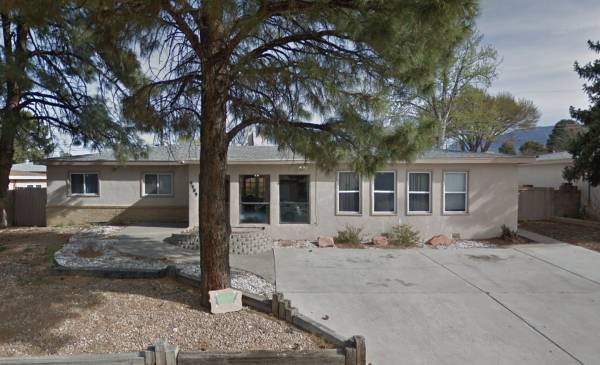
In the past, it was inappropriate to discuss the end of life at the time of diagnosis. Families needed time for the news to sink in. Although a memory service focuses on primary care and the treatment of patients, discussions about end-of life care are not taboo in modern times. As the program developed it became easier for clinicians and families to talk about the end-of–life options. It was easier to have these conversations with the families when we had built relationships.
Alzheimer's is the most common form.
Alzheimer's is the most prevalent form of dementia and accounts for approximately two-thirds. It gradually damages the brain and impairs cells' ability to think and communicate. Alzheimer's disease causes brain function to decline over time. Therefore, symptoms can vary from person-to-person. It is more common in older people, though genetics and lifestyle factors play a role in the risk of developing the disease.
Multiple forms of dementia can be present in one person. There are also vascular and Lewy body conditions that can cause dementia. These diseases can cause brain blood vessel damage, which can lead to memory and thinking difficulties. Vascular dementia may develop suddenly or gradually over time. Both types of dementia can also be present simultaneously. Vascular dementia can also be caused by strokes or other conditions that affect brain blood flow.

Memory medication can be used to treat Alzheimer’s disease
Alzheimer's is a progressive disease that cannot be reversed. There are medications that can help ease symptoms and slow down the progression of Alzheimer's disease. These drugs are determined by specific tests that measure memory, thinking, reasoning, awareness of place and time. While no cure exists, some of these drugs may help your loved one live a better quality of life. To make your loved one's life as comfortable as possible, here are some medications you can try.
There has been some promising evidence regarding the effectiveness of medication for Alzheimer's disease. Usually, medication is started at the lowest effective dose and is increased gradually to ensure maximum effectiveness. Some people may experience side effects that could be harmful. Some people may not experience any benefit or improvement from this medication. It is important to discuss with your physician all possible side effects as well as benefits before you begin any medication.
Assisted living communities offer memory care
Assisted living communities can provide a wide variety of services to assist older adults. These services include medication management, housekeeping and laundry, transportation, and social programs. A staff member is always available 24 hours per day. Some communities provide separate dining rooms that cater to individual nutritional needs. Some residents might bring their own furniture or personal belongings. For elderly residents who need extra help with daily activities, assisted living facilities can be an option.
Many assisted living communities include special rooms, wings and buildings for residents who have memory problems. These memory care facilities can provide 24 hour supervision and may also have structured activities and outdoor socializing areas. Some facilities charge for services. Some seniors may choose memory care depending on the care they require. Some assisted living facilities offer memory care to seniors without a history or dementia.

Medicare doesn't cover memory care
Although Medicare doesn't cover memory care services in any way, certain facets of the service are covered by Medicaid. These services will be provided by nursing homes. States may have different types of services. Dual-eligible means that approximately 12 million people can be eligible for both Medicare or Medicaid. There are different types of Medicaid and Medicare plans, and each may cover memory care. Medicare may also cover Alzheimer's treatment in some instances, provided the care is medically necessary.
Medicare will cover certain aspects of memory care but not long-term care, assisted live, or personal care services. Medicaid and Medicare supplemental insurance (Medigap), cover many personal care services. While many people consider memory care as a separate option, it is important to understand that this type of care is not limited to specialized memory-care communities. Many people with dementia require both custodial assistance and long-term assistance with daily living tasks.